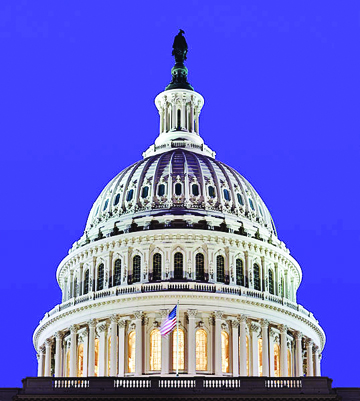The House Energy & Commerce Committee will review the process the FDA uses to determine which untitled letters and warning letters get published and where and when. The letter to FDA Acting Commissioner Dr. Stephen Ostroff said that media coverage of a published letter was associated with an unnamed drugmaker’s stock decline and triggered a shareholder lawsuit.
The Federal Trade Commission scheduled a public workshop about over-the-counter homeopathic product advertisements for September 21. Medical professionals, industry representatives and government advocates will be among the panelists, according to the announcement. The FTC said workshop attendees will discuss what consumers know about homeopathy and the FTC’s rules regarding advertising claims. The FDA held a hearing about how it should regulate homeopathic remedies in April.
Amgen and Roche inked an agreement to study the impact that Amgen’s experimental therapy, talimogene laherparepvec, and Roche’s experimental PD-L1 inhibitor atezolizumab may have on patients with triple-negative breast cancer and colorectal cancer with liver metastases. Experts anticipate combination therapies will become a standard part of cancer care.
Teenagers cannot find online health information they need and the majority of polled adolescents ended up going to their parents, according to The New York Times. Researchers at Northwestern University said public health officials are wrong if they think social-media efforts are working. Instead, they found that “these efforts do not necessarily resonate with the intended audience.”
Bristol-Myers Squibb sued former immuno-oncology VP David Berman over allegations that he violated his non-compete clause when he took a job with AstraZeneca, reported The Wall Street Journal. BMS makes immuno-oncology drugs, including the first-approved PD-1 inhibitor Opdivo. The WSJ said BMS cited AstraZeneca’s alliance with Celgene to develop a PD-L1 inhibitor and Berman’s knowledge of its confidential information as a legal concern.








